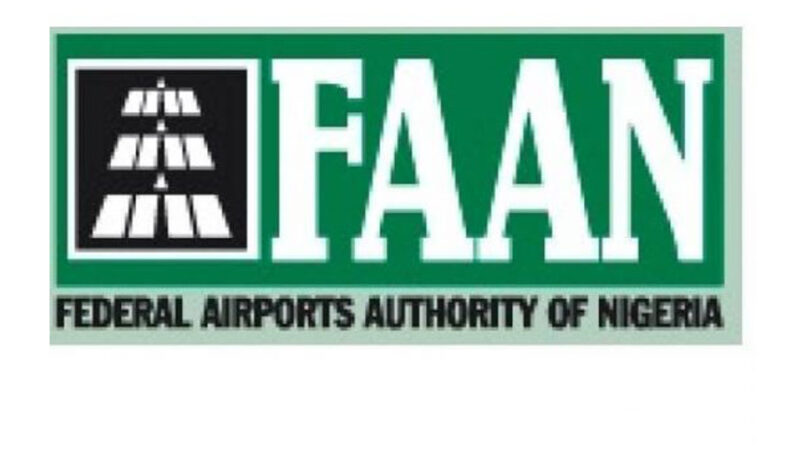FAAN MD Says Challenges In Nigeria’s Aviation Sector Present Investment Opportunities

The Managing Director/Chief Executive of Federal Airports Authority Of Nigeria (FAAN), Mrs. Olubunmi Kuku has said that while challenges in form of infrastructure deficiencies, regulatory frameworks, and financing requirements have persisted in Nigeria’s aviation industry, “these should be perceived not as obstacles, but rather as opportunities. Each challenge facing our aviation sector represents a potential investment awaiting realization. The forthcoming chapter of Nigerian aviation will be authored by those who recognize that our skies are not merely thoroughfares for aircraft. They are highways to prosperity. The inquiry is not whether to invest in Nigerian aviation, but rather how to engage in this transformative journey.”
Delivering a goodwill message while congratulating the author at the launch of a book titled “100 Years Of Civil Aviation In Nigeria, History, Issues & Prospects” by Wole Shadare, which was held yesterday at Golfview Hotels & Suits, Ikeja, Lagos, Kuku said “Mr. Wole Shadare’s book provides us with a perspective to comprehend how far we have advanced, as well as an examination of the flight path ahead. The industry and commitment he has exhibited as a journalist are evident throughout this book that we are all convened here to celebrate. Thank you for reminding us of our modest beginnings and for portraying a vibrant vision of the future.” Kuku further said “as we delve into Nigeria’s aviation journey, we are not merely observing aircraft and runways. We are witnessing the evolution of a nation’s ambitions. From our colonial beginnings to our current status as West Africa’s largest aviation market, every milestone narrates a story of determination and opportunity.
Nevertheless, this journey has not been devoid of turbulence. Upon Nigeria’s attainment of independence in 1960, we were faced with a pivotal question: How could we convert colonial-era infrastructure into a sovereign aviation powerhouse? Our national carrier, Nigeria Airways, emerged as a response. Yet, it soon faced challenges stemming from mismanagement and operational inefficiencies. By the early 2000s, we found ourselves at a crossroads, adapt or risk obsolescence.
This juncture precipitated a remarkable transformation. The private sector took the initiative, introducing fresh capital, contemporary management practices, and a competitive spirit. Companies such as Air Peace and Arik Air did not merely fill the void. They revolutionized our aviation landscape. The current figures sum up this transformation; 39 certified airline operators, 31 airports nationwide, over 2,100 licensed pilots and a workforce comprising thousands, ranging from engineers to air traffic controllers.
Nigeria has emerged as a testament to the efficacy of market-driven solutions. Our aviation sector now contributes approximately $1.7 billion to our GDP. Private airlines are connecting our cities with unprecedented efficiency, and international carriers increasingly regard Nigeria as a critical market. Last year, over 16 million passengers traversed our domestic terminals, while international passenger numbers exceeded 3.5 million. These figures are indeed impressive. Yet, there remains substantial potential for growth.”
SEE MORE PHOTOS
PHOTOS From Launch Of Wole Shadare’s Book On 100 Years Of Civil Aviation






